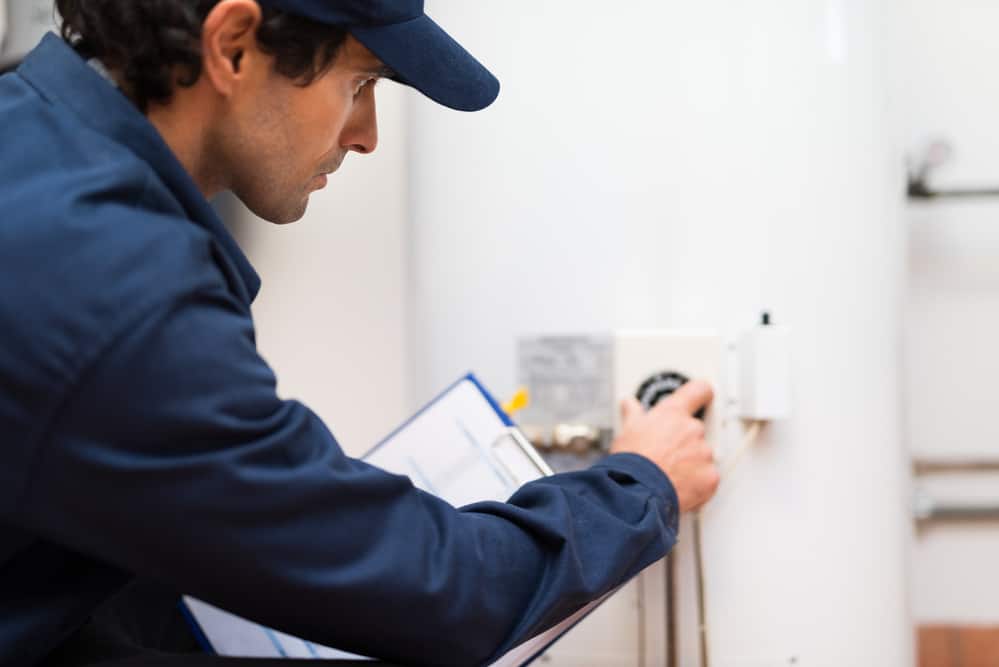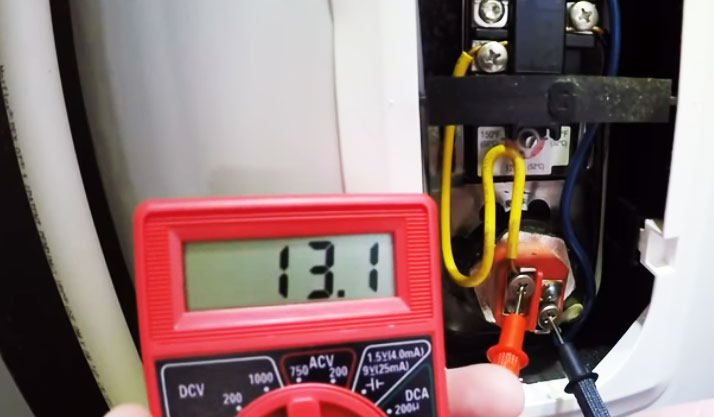An indispensable device in every residence is a hot water heater, serving the purpose of supplying heated water for a multitude of tasks. Nonetheless, when it begins emitting a high-pitched whistle, it can instill worry and potentially signify an underlying problem. Within this article, we shall delve into the potential causes behind the whistling noise emanating from your hot water heater and present you with troubleshooting measures to address the issue effectively.
Why does my water heater whistle?
Below are the reasons that may cause your water heater to produce a whistling sound.
-
Accumulation of Sediment:
An occurrence frequently leading to a melodious whistling sound in a hot water heater arises from the accumulation of sediment. Gradually, minerals and sediment have the potential to gather at the tank’s base, constructing a barrier that hinders the transfer of heat and flow of water. Consequently, small air pockets are formed, generating a distinct whistling noise. To tackle this matter, consider performing the following steps:
- Disable the power supply or close the gas valve for the water heater.
- Connect a garden hose to the drain valve located at the bottom of the tank.
- Open the drain valve, allowing the tank to undergo a flushing procedure for a few minutes to eliminate any sediment that may have accumulated.
- Close the drain valve, detach the hose, and proceed to replenish the tank before restoring the power or gas supply.
-
High Water Pressure:
An excessive amount of water pressure can give rise to a whistling sound in your hot water heater. Once the pressure surpasses the recommended threshold, it induces vibrations and disrupts the smooth flow within the pipes, thereby generating a whistling or hissing auditory experience. To tackle this matter, you can take the following measures:
- Locate the pressure-reducing valve (PRV) near the main water supply line.
- Fine-tune the PRV for the purpose of diminishing the water pressure to an appropriate magnitude, generally ranging from 40-60 psi (pounds per square inch).
- Employ a pressure gauge for the purpose of overseeing the water pressure and guaranteeing its maintenance within the desired spectrum.
-
Malfunctioning Pressure Relief Valve:
Designed to alleviate excessive pressure from the hot water heater, the pressure relief valve (PRV) serves as a safety mechanism. In the event of a malfunction or fault in the PRV, it could result in the emission of a high-pitched whistling sound.
Here’s what you can do in such a situation.
- Disconnect the power source or shut off the gas valve for the water heater.
- Identify the pressure relief valve (PRV) positioned on either the tank’s side or top, and meticulously examine it for any indications of harm or seepage.
- If you encounter a faulty pressure relief valve (PRV), it is advisable to get the help of a proficient plumber who can carry out the replacement of the valve. It is crucial to treat this matter with utmost concern, as neglecting it could result in an explosion.
-
Water Hammer:
Water hammer manifests as a phenomenon in which pipes vibrate and emit either a whistling or banging sound due to the sudden cessation of water flow. This occurrence arises from the rapid closure of valves or the absence of adequate shock absorbers within the plumbing system. To alleviate the effects of water hammer:
- It is advisable to gradually close all valves instead of abruptly shutting them.
- Incorporate water hammer arrestors near valves or at the end of lengthy pipe installations to absorb the impact and avoid the occurrence of whistling sounds.
Final Thoughts:
The occurrence of a whistling sound originating from your hot water heater may raise worries, yet typically, it can be alleviated by tackling typical problems like sediment accumulation, excessive water pressure, pressure relief valves malfunctioning, or water hammering.
By adhering to the troubleshooting measures delineated in this article, you can detect and resolve the issue, guaranteeing the smooth and noiseless operation of your hot water heater once more. If the problem lingers or you feel uncertain about conducting the troubleshooting on your own, it is recommended to get the help of a skilled plumber to ensure the optimal performance of your hot water heater.



